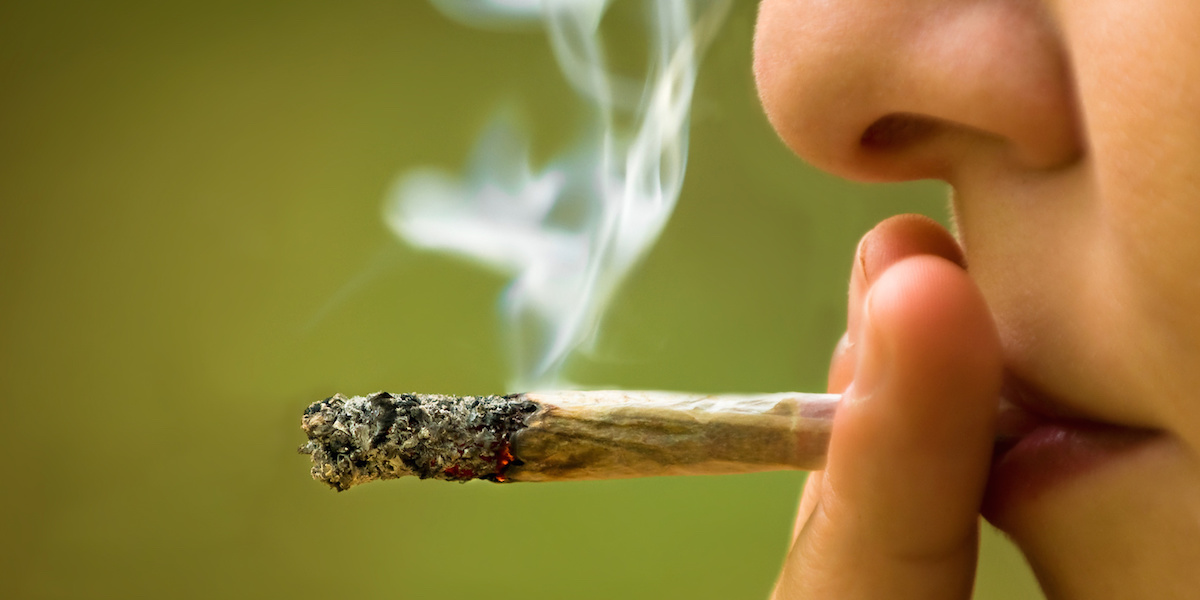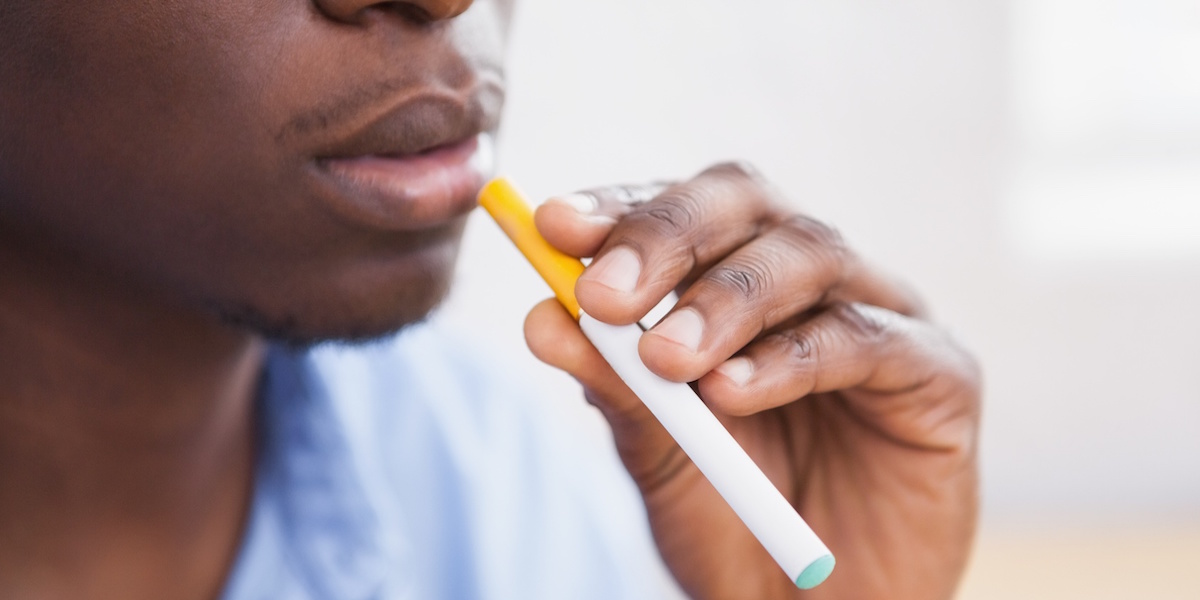
The following is excerpted from an online article posted by MedicalXpress.
A study has found that adolescents become highly motivated to seek rewards after just a few hours of social isolation. This may be beneficial in driving them toward social interaction, but when opportunities for connection are limited, it could lead them to pursue less healthy rewards like alcohol or drugs.
When we feel socially isolated, our brain motivates us to seek rewards. Current theory holds that this is a beneficial evolutionary adaptation to help us reconnect with others.
The University of Cambridge-led study found that people in their late teens are very sensitive to the experience of loneliness. After just a few hours without any social interaction, adolescents make significantly more effort to get rewards.
This increased motivation to seek rewards can help with social reconnection. But when connecting with others is not possible, the behavior change might be problematic—for example, by making some people more prone to seek out rewards such as alcohol or recreational drugs.
The study found that the effect was stronger in adolescents who reported feeling lonelier while in isolation. When study participants were allowed to interact with others on social media during isolation, they reported feeling less lonely—and their reward-seeking behavior changed less dramatically as a result.
The report is published in the journal Communications Psychology.
Source: MedicalXpress
https://medicalxpress.com/news/2025-09-teen-loneliness-triggers-reward-behavior.html

 The Hidden Mental Health Danger in Today’s High-THC Cannabis
The Hidden Mental Health Danger in Today’s High-THC Cannabis  Teen Suicide, Binge Drinking Decline, New National Data Show
Teen Suicide, Binge Drinking Decline, New National Data Show  Vaping May Be Reversing Decades of Progress Against Youth Smoking
Vaping May Be Reversing Decades of Progress Against Youth Smoking